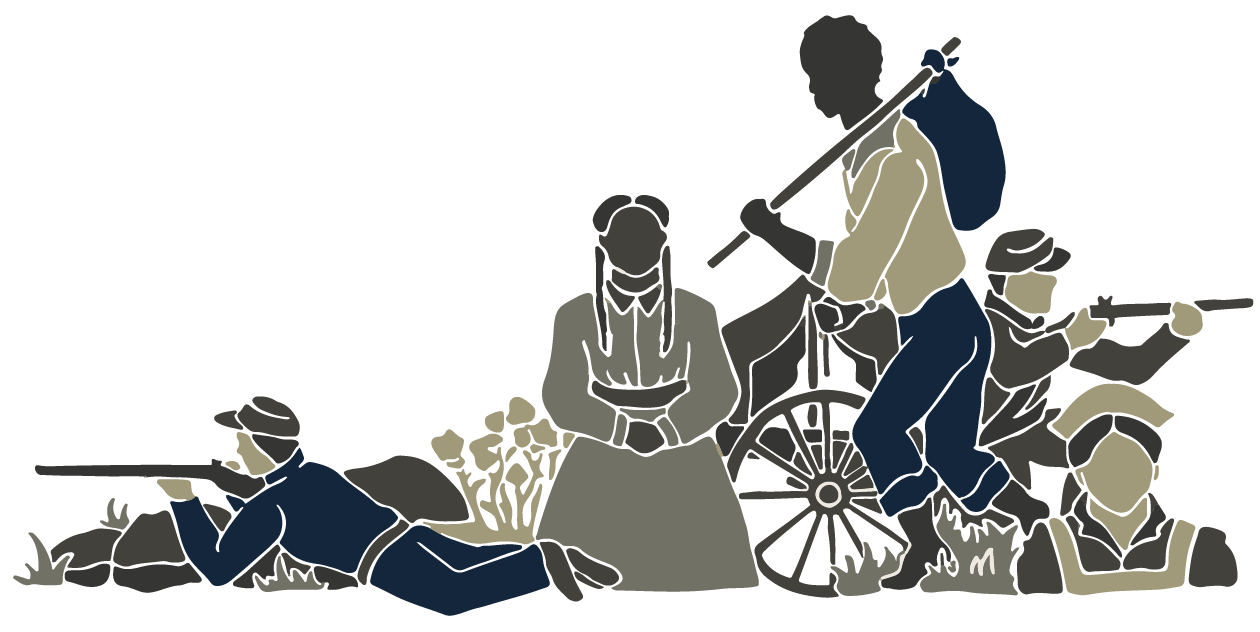The digital revolution has transformed historical research. Historians today are increasingly likely to head to their computers rather than the archive in the search for primary sources. The sheer volume of documents freely (or sometimes expensively) available on the internet is astounding, and it is increasing all the time. This is especially true for Civil War era history, thanks to widespread interest in the subject and to the relative lack of copyright issues for nineteenth-century documents. From the massive collection of Lincoln papers at the Library of Congress and the subscription-based New York Times archive to the sketchbook of Confederate soldier John J. Omenhausser, Civil War era historians can find an abundance of online riches.

The Virginia Center for Civil War Studies has created Civil War Sources to facilitate easier access to these documents for students, professional historians, and anyone undertaking a Civil War era research project. Center graduate assistants Kristin Carlson and Lucas Kelley compiled a selection of the leading databases, and a team of VT CS students (Ben Sechrist, Suhas Avadhuta, Kevin Ellis, and Richie Howell) built the website. You can browse the list, read our descriptions of the sites, and follow the links that interest you. Or you can use the search or tags features to quickly identify the most relevant databases.
As you conduct your research, we encourage you to give some thought to the nature of digitized sources and how they affect the way you do research. Whereas in the past newspaper research (just to give one example) meant scrolling through reel after reel of microfilm, keyword searches allow you to immediately get to the most relevant articles. There are obvious benefits to this. But there are drawbacks, too. For one thing, how do you know which keywords to search for before you become familiar with the topic? And for another thing, focusing only on those articles containing predetermined terms makes it more likely that you will overlook important connections between different ideas or events. Old-fashioned browsing still has a vital role to play in historical research, even when you are using online sources. This is not to say that researching online and using keyword searches are bad things. But it is worthwhile to reflect on the drawbacks as well as benefits of this research method—as is true for any research method.
To help you make the most of online research, we have compiled the following links which give both practical and conceptual advice.
We hope this site is helpful—good luck with your research!
Further guidance on researching online
The Journal of American History’s “interchange” conversation on the promise (and challenges) of digital history.
An article about the “topic modeling” technique of processing large amounts of text from historical sources. Based on the “Mining the Dispatch” project at the University of Richmond.
An article by migration historian Donna Gabaccia on the significance of the different terms Americans have used to describe migrants.
The Online Writing Lab at Purdue’s discussion of print versus online sources.
NYU’s tips for using primary sources with a section on digital formats.
A guide to citing electronic sources from the University of Memphis.
A guide to citing digitized primary sources from the Library of Congress.
The American Library Association’s advice on using digital sources.
